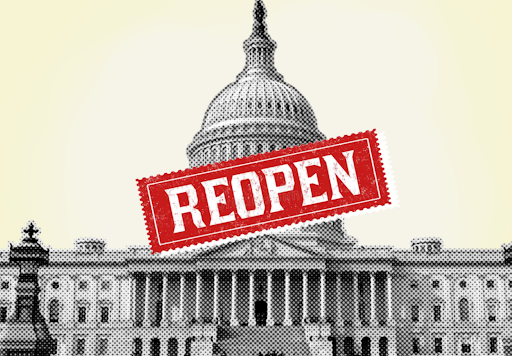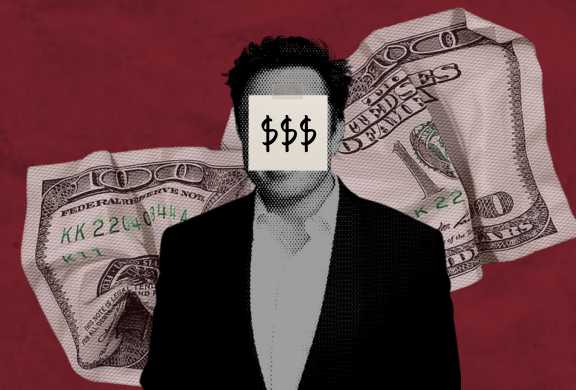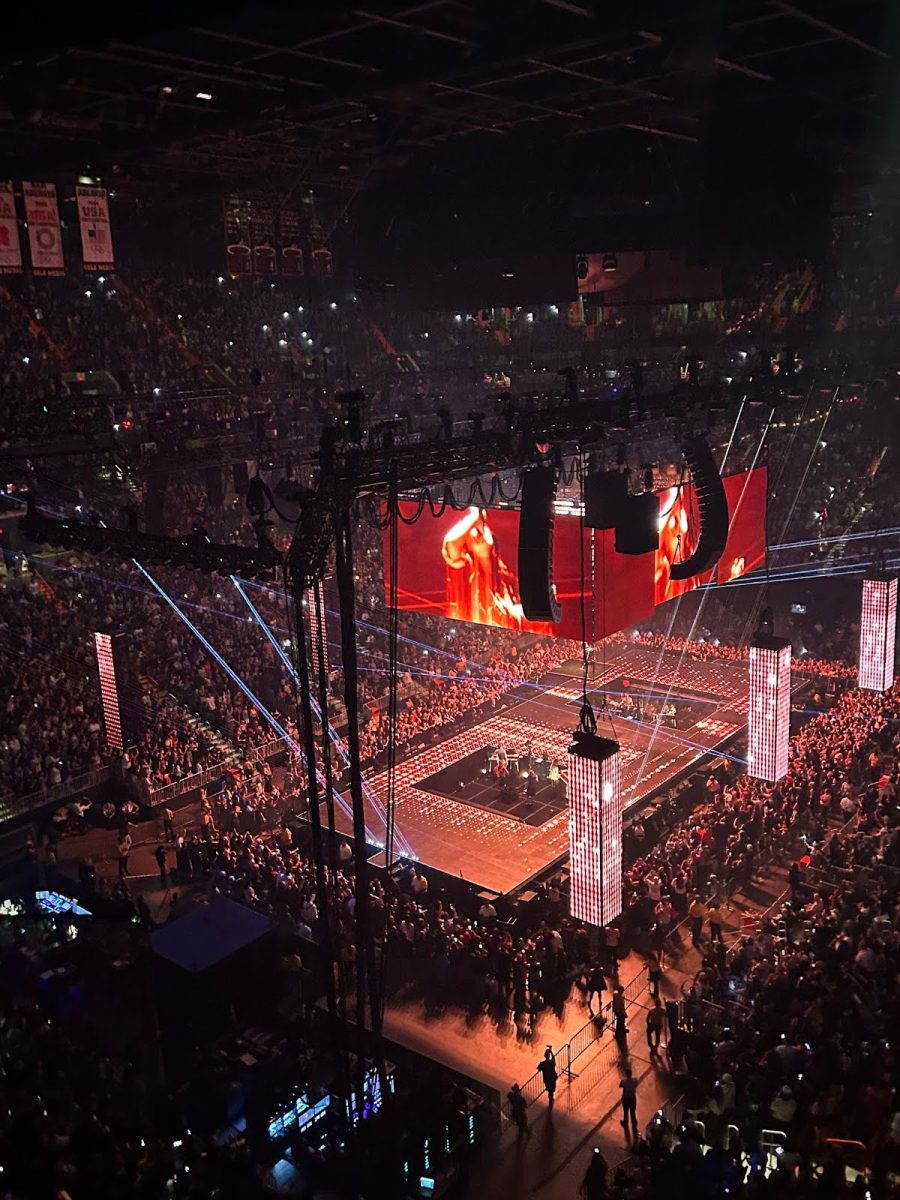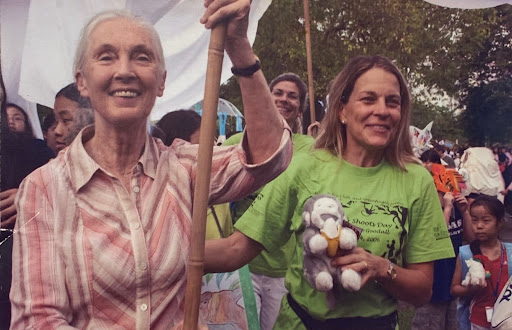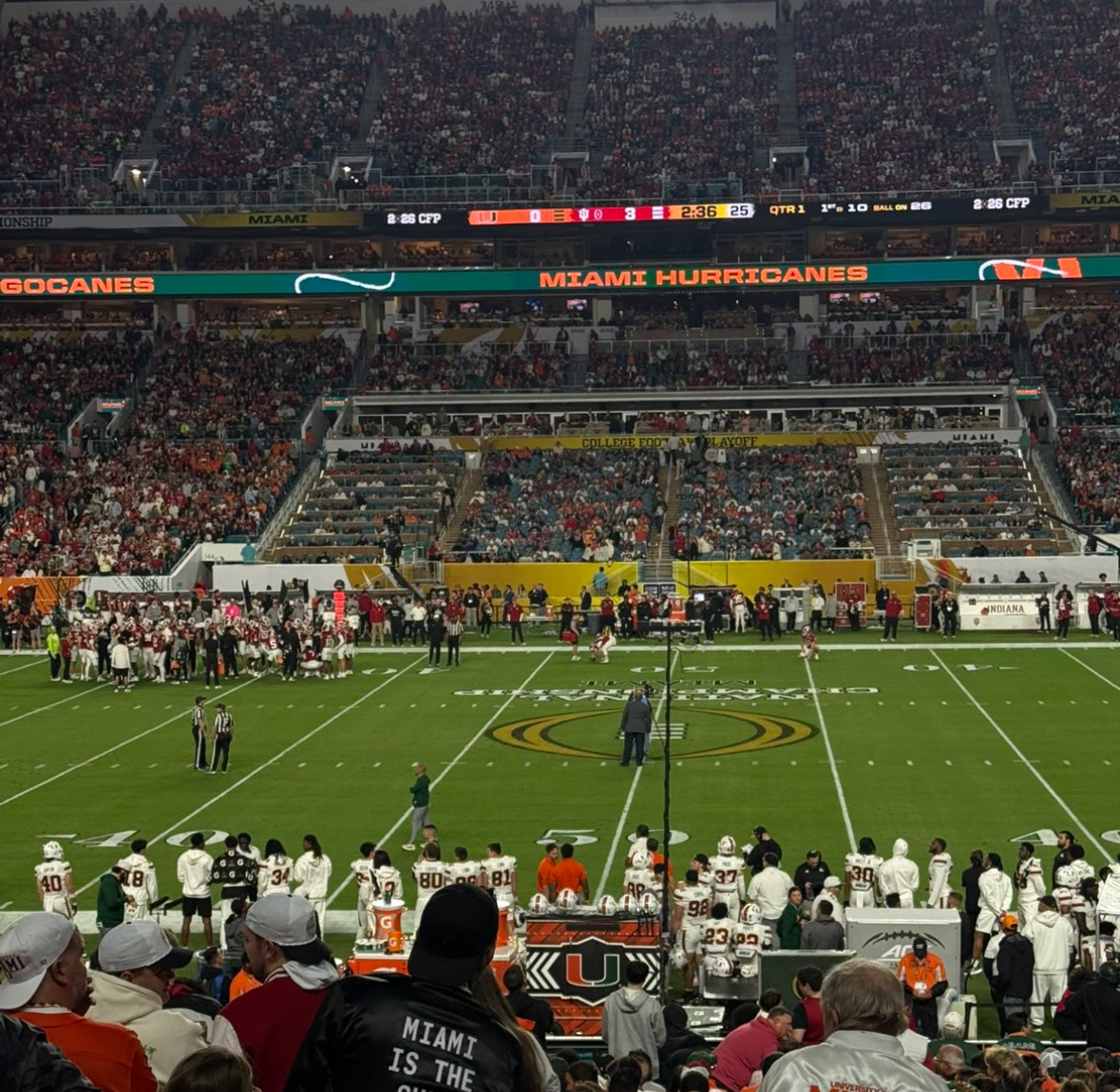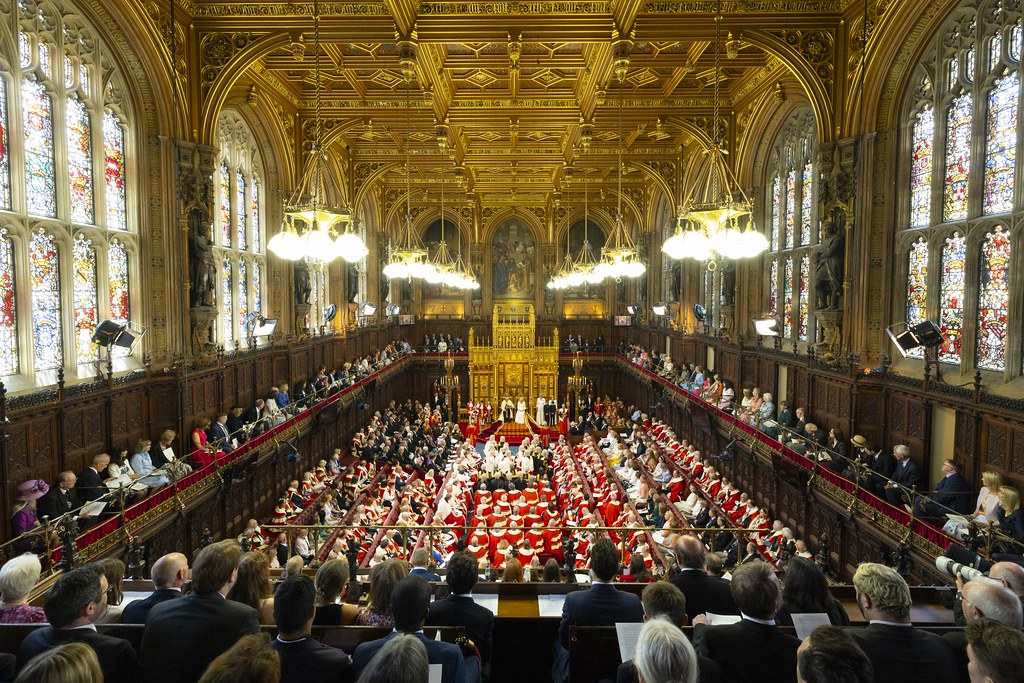In the United Kingdom, general elections are held every five years to choose members of Parliament for the House of Commons, although an earlier election can be called under certain circumstances. A call for another general election was initiated by pub owner Michael Westwood on November 20, 2024. His petition received over three million signatures, proving public dissatisfaction with the Labour government.
Despite pre-election promises not to raise taxes, the government increased national insurance for employers in the November budget. The government has also been accused of backtracking on several campaign promises, eroding public trust. For example, the government postponed social care reforms until 2028 and, under Keir Starmer, he had pledged to nationalize rail, mail, energy, and water but has abandoned these commitments, focusing instead on regulatory reforms.
A general election is a process in which the public votes to choose representatives for government positions. Prior to the election, the current parliament is disestablished, and its members leave their positions. Then, political parties and candidates campaign to win public support. After voting ends, results are verified to ensure the integrity of the election. The party or candidate with the majority of votes is declared the winner and the leader of the winning party often becomes the head of government, known as the Prime Minister.
This recall was designed to address individual Members of Parliament conduct rather than to trigger a nationwide general election. The debate in Parliament on January 6, 2025 was a response to this public concern. Currently, there is no indication that the current Prime Minister, Keir Starmer, will call for an early general election.


